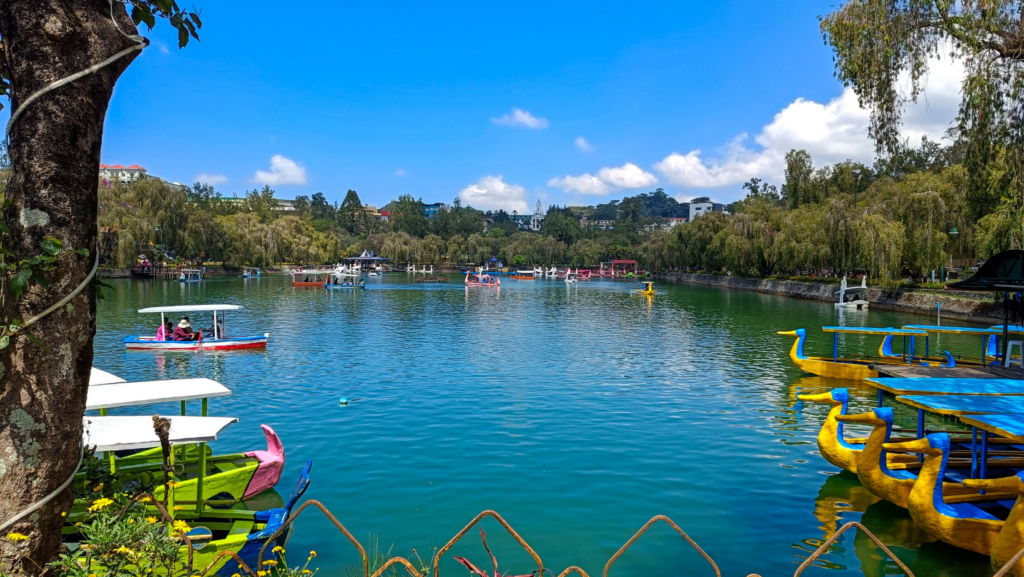In a world that’s constantly on the go, the concept of leisure often takes a backseat. Yet, there’s a growing tribe of individuals who’ve managed to turn the tables, embracing a lifestyle of leisure. These people of leisure, as they’re often called, are reshaping societal norms and challenging the age-old belief that one’s worth is tied to their productivity.
People of Leisure

People of leisure represent a distinct demographic that derives satisfaction and purpose not from work or productivity, but from the pursuit of relaxation, tranquility and joyful activities. They align their values with contentment and balance rather than material success and societal expectations.
The concept of leisure isn’t new, but its interpretation has evolved remarkably over time. Traditionally, leisure was a privilege reserved for the aristocrats in societies. For instance, ancient Greek philosophers like Aristotle viewed leisure as the highest state of being. In Rome, the word ‘otium,’ was used to describe a similar idea of leisure, and was seen as a reward for their efforts in public life.
Fast forward to the industrial revolution, and the ability to have leisure time was expanded to more classes due to increased efficiency and changes in labor laws. In the 20th century, the advent of technology further redefined leisure, introducing recreational activities such as television, video games, and internet surfing.
Contemporary Understanding
In the current societal context, people of leisure aren’t defined by their socio-economic status. Instead, it’s their commitment to a life less centered around work, more around hobbies, relaxation, and meaningful experiences that distinguish them. They redefine success; for them, it’s not about accumulation of wealth or prestige, but finding contentment in simplicity and tranquility.

This lifestyle has even given rise to discussions around concepts like ‘slow living,’ where individuals intentionally create space for relaxation and contemplation, away from the highly competitive, perennial grind the modern world often imposes. Another offshoot is the ‘FIRE’ movement (Financial Independence Retire Early), where individuals actively seek out ways to achieve financial independence to give themselves more opportunities for leisure and exploration.
Societal Perceptions and the Ethics of Leisure
Public Views on Leisure Lifestyles
Societal outlooks on leisure lifestyles extend beyond mere impressions. They’re entrenched in cultural norms, societal expectations, and individual values. Collectively, societal views play a pivotal role in shaping the acceptance or rejection of leisure lifestyles. For some, embracing leisure demonstrates a conscious choice to live life fully, valuing personal happiness and life experiences. These individuals see leisure as an expression of freedom and self-determination, something they value highly.
Yet, critics deem these lifestyles as unproductive or irresponsible, associating leisure with idleness. They perceive a strong work ethic as essential, interpreting an inclination towards leisure as a lack of ambition. This dichotomy of public attitudes towards leisure lifestyles emerges from rewarding work-oriented societal norms, thereby creating a divide in perspectives.
Leisure and Social Responsibility

The connection between leisure and social responsibility lies in understanding the broader societal implications of leisure activities. Leisure, underpinned by an ethical framework, supports a variety of social benefits. They encompass promoting community cohesion, preserving local traditions, and stimulating economic growth. For instance, individuals who prioritize leisure-related activities such as community events, local travel, and eco-tourism indirectly contribute to community development and environmental consciousness.
However, excessive leisure pursuits can trigger ethical concerns. Over-tourism, for example, poses a threat to local ecology and cultural heritage. Similarly, the desire for extravagant leisure can fuel overconsumption and waste production, exhibiting insensitivity towards finite resources.
Evolution of the People of Leisure
The people of leisure are a fascinating study in societal evolution. They’re challenging norms and redefining what it means to live a fulfilled life. Leisure isn’t just a pastime anymore, it’s a lifestyle that’s intertwined with self-expression and freedom. However, it’s not without its critics, who see it as unproductive and potentially harmful. Yet, this lifestyle has undeniable benefits, like fostering community cohesion and boosting local economies.



